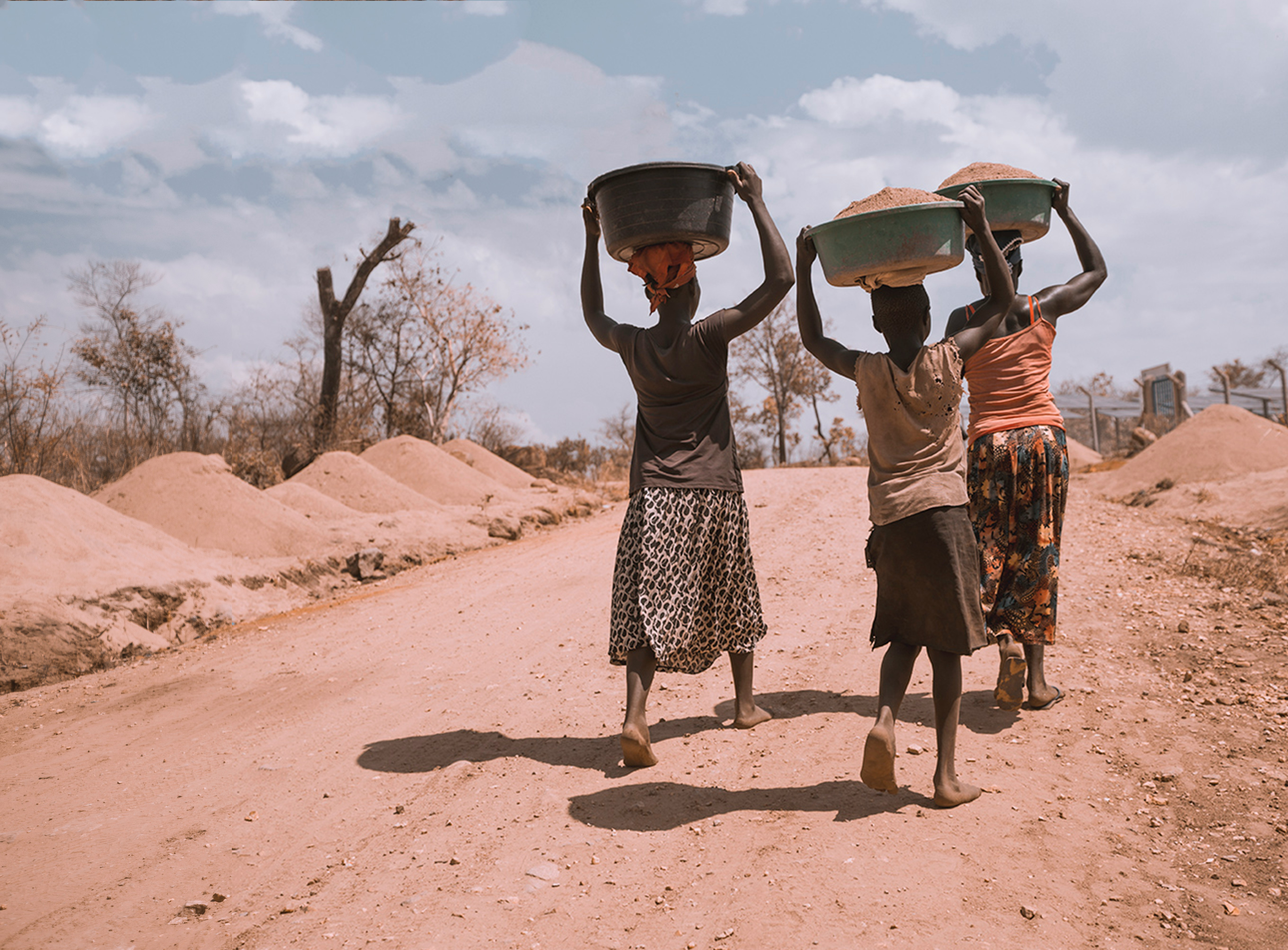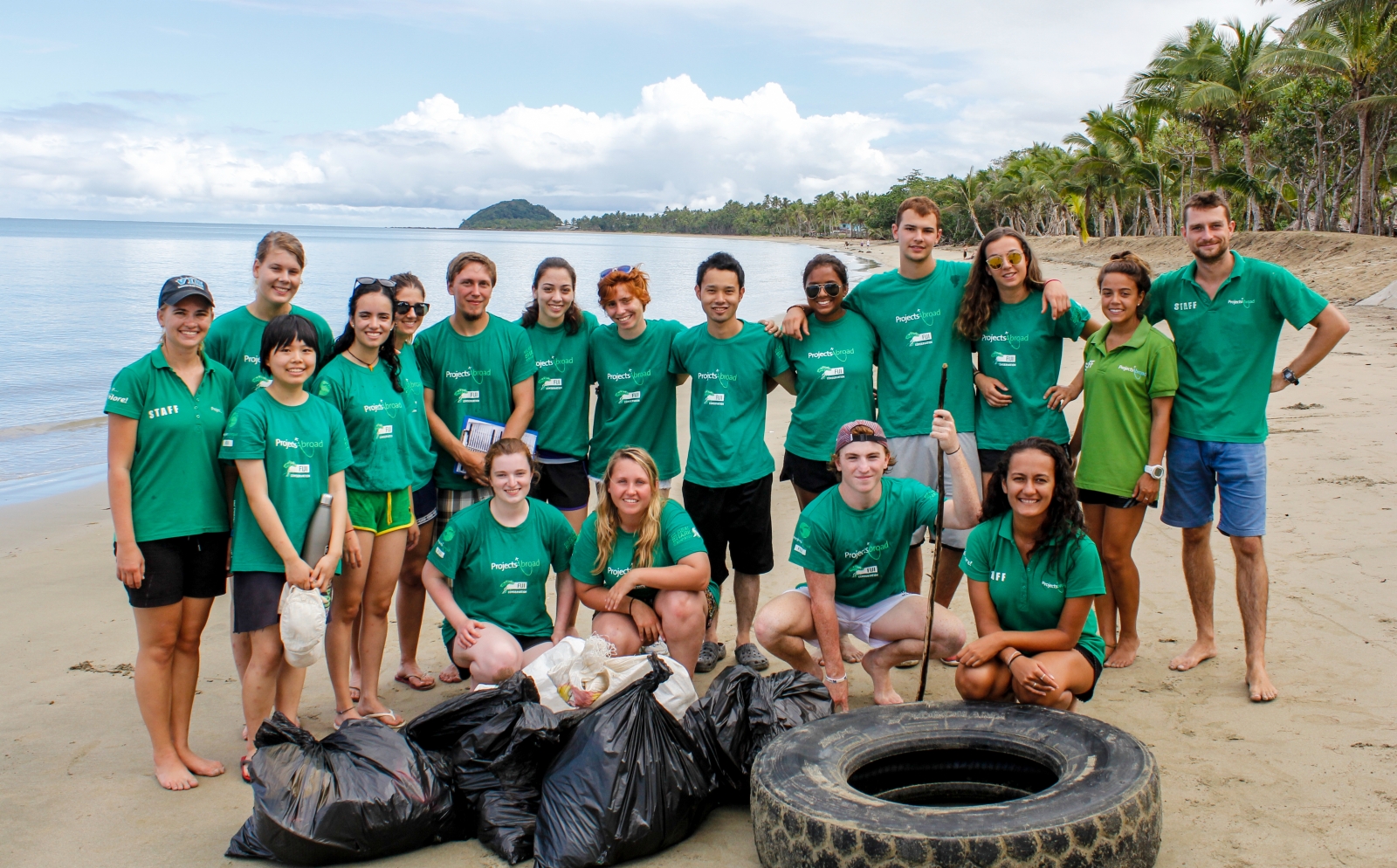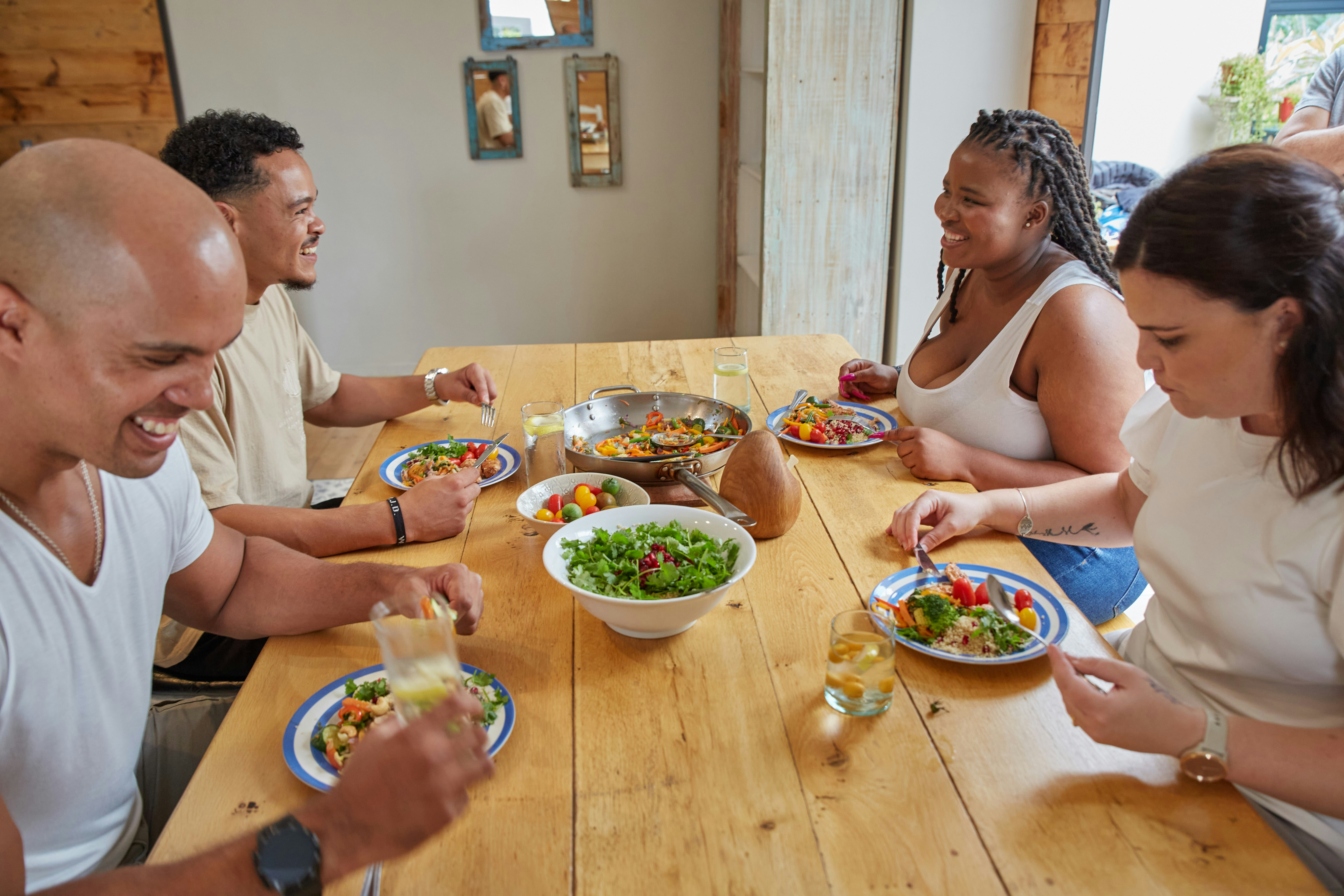Volunteering Abroad: What You Need to Know Before You Go
-
 Mark Dinn
Mark Dinn - 08 May, 2024

Volunteering abroad is a dream for many—a chance to see the world while making a difference. But before you pack your bags and jet off to parts unknown, there are some crucial things you need to know. Trust me, the last thing you want is to end up in a foreign country, unprepared and overwhelmed. So, let’s dive into the essentials of volunteering abroad.
Why Are You Going?
Before anything else, ask yourself: why do you want to volunteer abroad? Are you genuinely passionate about the cause, or are you just looking for an excuse to travel? Both are valid, but being honest with yourself will help guide your decisions.
Volunteering isn’t always glamorous. You might find yourself living in basic conditions, working long hours, and facing cultural differences that can be challenging. Knowing your true motivation will keep you grounded when things get tough. If your heart’s in the right place, it’ll make the entire experience more rewarding.
Choosing the Right Organization
Not all volunteer organizations are created equal. Some have a stellar reputation, like International Volunteer HQ (IVHQ), known for their wide range of programs and strong ethical practices. On the other hand, there are organizations out there more interested in your money than in making a real impact. Do your research. Read reviews, ask for testimonials, and check if the organization is transparent about where your fees go.
Take Projects Abroad as an example—they’ve been around for decades and have built a reputation for sustainable, impactful volunteer work. But for every well-known name, there’s a lesser-known group that might be just as good (or better!) at what they do, but you won’t know until you dig a little deeper.
 Projects Abroad volunteers
Projects Abroad volunteers
Understand the Costs
Volunteering abroad is rarely free. Even with organizations like GoEco that try to keep costs low, there are still fees to cover accommodation, food, and program expenses. Some programs might even charge thousands of dollars, which seems counterintuitive when you’re offering your time and skills for free, right?
So, where does your money go? Ideally, it should support the local community and cover your living expenses. But this isn’t always the case. Again, transparency is key. If an organization can’t provide a clear breakdown of costs, consider it a red flag.
Preparing for Culture Shock
Culture shock is real. No matter how much you think you’re prepared, living in a different culture can be jarring. You’ll likely experience a honeymoon phase where everything feels exciting and new, followed by a dip when the realities of daily life set in. That’s normal. The trick is to embrace it.
Learn as much as you can about the culture before you go. Take language lessons if possible—Duolingo is a great app for this. It won’t make you fluent, but even knowing a few basic phrases can go a long way in building connections with locals. And be open-minded. What might seem strange to you is normal to others, and vice versa.
Health and Safety Precautions
Your health and safety should be top priorities. Before you leave, make sure you’re up-to-date on all necessary vaccinations and have any required medications. Some countries might require proof of specific vaccinations, so don’t overlook this step.
Insurance is another must-have. You might think, “I’m healthy, nothing will happen to me,” but that’s not a gamble you want to take. Look into options like World Nomads, which offers comprehensive travel insurance tailored for adventurous travelers and volunteers.
Safety also means understanding the local laws and customs. What’s acceptable behavior in your home country might not fly elsewhere. Research common scams in the area and know how to protect yourself. It’s not about being paranoid—just prepared.
Making an Impact
You’re volunteering to make a difference, so how can you ensure your work actually has a positive impact? It starts with the organization you choose, but it also depends on your approach. Go in with the mindset of learning, not saving. **The community you’re serving doesn’t need you to be a hero; they need you to support their ongoing efforts.
Avoid projects that seem exploitative. For example, some orphanage programs have been criticized for exploiting children to attract foreign volunteers. Instead, look for opportunities that prioritize long-term, sustainable change. GVI (Global Vision International) is one such organization that focuses on ethical volunteering, with programs that work alongside local communities rather than imposing on them.
Packing Essentials
Packing for a volunteer trip isn’t like packing for a vacation. Sure, you’ll need your basics—clothes, toiletries, etc.—but there are a few extra items you shouldn’t forget. A good pair of sturdy shoes is a must; you’ll likely be on your feet a lot. Also, pack a first aid kit with all the essentials—bandages, antiseptic, pain relievers, etc.
Note
Consider the climate of your destination. Are you headed somewhere tropical? Don’t forget bug spray and sunscreen. If you’re going somewhere colder, layers will be your best friend. And leave some space in your luggage for any donations or supplies you might want to bring for the community you’ll be working with.
The Emotional Rollercoaster
Volunteering abroad is an emotional experience. You’ll have days where you feel on top of the world, like you’re truly making a difference. But there will also be days where you feel frustrated, homesick, or even question why you came in the first place.
It’s all part of the journey. Keep in mind that it’s okay to feel all these emotions. They’re a sign that you’re fully immersed in the experience. When things get tough, lean on your fellow volunteers—they’re going through the same thing. And don’t forget to take care of your mental health. Journaling, meditation, or even just a daily walk can help you stay grounded.
Coming Home
Returning home after volunteering abroad can be just as challenging as going. You might find it difficult to adjust back to your old routine or feel disconnected from friends and family who don’t fully understand what you’ve been through. This is called reverse culture shock, and it’s totally normal.
One way to ease the transition is to stay connected with the cause you were involved in. Continue supporting the community from afar, share your experiences with others, or even plan your next trip. The experience doesn’t have to end just because you’re back home.
Volunteering abroad is more than just an adventure—it’s a commitment to making a positive impact on the world. By being prepared, choosing the right organization, and approaching the experience with an open mind, you’ll not only help others but also grow as a person.
So, are you ready? Pack your bags, do your research, and get ready for a life-changing journey.


